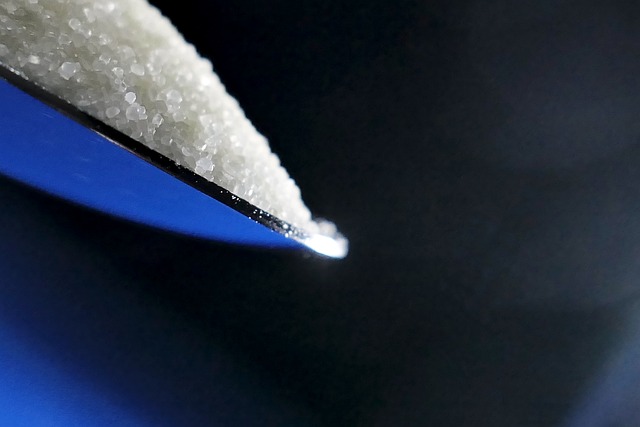What foods contain sodium? Sodium is an important mineral that plays an important role in fluid balance, nerve activity, and muscle contraction in the body.
However, too much sodium can lead to health problems, such as high blood pressure and heart disease.
In this article, we’ll discuss what foods contain sodium and offer insights into how to make healthier choices to maintain a balanced diet.
What Foods Contain Sodium
1. Processed and packaged foods
Sodium content in processed and packaged foods is well known. Canned soups, frozen dinners, deli meats, and packaged snacks often add sodium for flavor and preservatives.
Choose low-sodium or sodium-free products whenever possible, and look at nutrition labels for sodium per serving.
2. Condiments and sauces
Consuming condiments and sauces is one of the most common ways to add hidden sodium to your diet.
Some of the most sodium-dense condiments on the market include soy sauce and barbecue sauce.
Ketchup, salad dressings, and many other condiments can contain a surprising amount of sodium, even when consumed in small portions.
To cut down on your sodium intake, you can opt for low-sodium or no-added salt condiments, or you can make your own at home with fresh ingredients.
3. Baked goods and bread products
Sodium intake from baked goods and bread products can increase your daily intake of sodium, especially if they contain added salt or contain leavening agents that contain sodium.
Baked goods such as bread, rolled, bagels, and pastries can also increase your daily sodium intake.
To help reduce your sodium intake from these foods, choose whole grain varieties for bread and choose brands with lower sodium options.
4. Cheese and dairy products
Dairy products, such as cheese and milk, are high in calcium and high in protein, but they are also high in sodium, particularly in processed cheese and flavored dairy products.
Choose low-sodium or low-fat dairy products, and cut back on highly processed cheese and flavored yogurt.
5. Restaurant and fast-food meals
The main culprits for high sodium levels in restaurants and fast food are added salt and ingredients that contain sodium.
Bites like hamburgers, fries, and pizza, as well as dishes from Asian cuisines, can have high amounts of sodium per serving.
When eating out, opt for dishes that are low in sodium and ask for dressings and sauces on the side so you can control your sodium intake.
A Word From GetMe Treated
It’s important to be aware of foods with high sodium content. Eating high sodium can lead to weight gain, diabetes, heart disease, and other health issues.
By paying attention to your sodium intake and making informed decisions, you can take steps to improve your overall health and wellness.
Read nutrition labels, select foods with lower sodium content, and eat whole foods whenever you can to promote a healthier lifestyle.
What Foods Contain Sodium FAQs
What foods contain sodium?
Sodium is naturally present in many foods, but it is also excreted during processing. Some of the most common sources of sodium are processed meats, canning of soups, and salty snacks
How can I lower my sodium intake?
- Choose fresh fruits and vegetables.
- Choose low-sodium alternatives.
- Cook at home with herbs and spices rather than salt.
Are there hidden sources of sodium in foods?
Yes, bread, cheese, and condiments have high sodium content. Always look for sodium content on nutrition labels.
Why is it important to watch my sodium intake?
Consuming too much sodium can cause high blood pressure, which can lead to heart disease and stroke, among other health problems.
Can I still enjoy flavorful foods without adding sodium?
Yes! Try adding herbs, spices, citric acid, and vinegar to your food to add flavor without adding sodium.
How much sodium is too much?
While the average daily sodium intake is about 2,300 mg per day, many health professionals recommend limiting sodium intake to less than 2,300 mg a day, particularly for those with hypertension or heart disease.
Are there any benefits to reducing sodium intake?
Yes, reducing the amount of sodium in your diet can help keep your heart healthy, reduce the amount of excess fat and fluid in your body, and reduce your risk of kidney disease and bone loss.
Other Helpful Blog Posts:
- Calorie Free Foods That Fill You Up
- Foods That Cause Blood Sugar To Rise
- The Best Times Of Day To Eat Our Favorite Foods
- 6 Foods The Fittest People In The World Eat Consistently
- Foods To Avoid During Cirrhosis
- What Are The Best Foods To Treat Scurvy?
- Best Finger Foods For Parties

